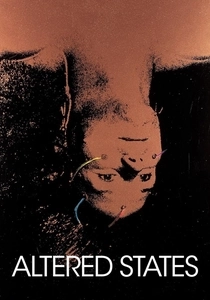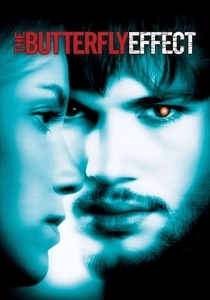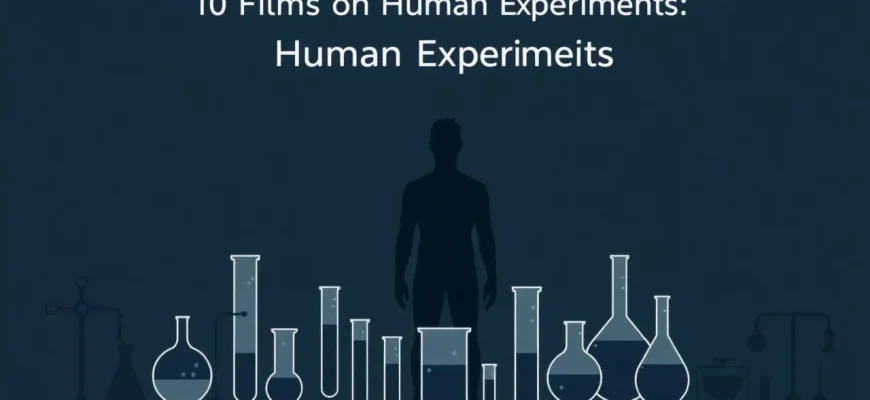Delving into the murky waters of human experimentation, these films offer a chilling look at the lengths to which science, governments, or even individuals might go to push boundaries. Whether it's psychological manipulation, physical transformation, or societal control, these movies explore the ethical dilemmas and the human cost of such experiments. This collection is perfect for those who are fascinated by the darker aspects of human nature and the consequences of unchecked ambition.

The Manchurian Candidate (1962)
Description: A Korean War veteran is brainwashed to become an unwitting assassin. This classic thriller examines the manipulation of the human mind for political gain.
Fact: The film was remade in 2004 with Denzel Washington and Meryl Streep.
 Watch Now
Watch Now 
A Clockwork Orange (1971)
Description: Stanley Kubrick's adaptation of Anthony Burgess's novel where a violent youth undergoes an experimental aversion therapy to cure his aggressive tendencies, exploring themes of free will and morality.
Fact: Kubrick withdrew the film from UK cinemas after it was linked to copycat violence, and it wasn't re-released until after his death.
 Watch Now
Watch Now 
Altered States (1980)
Description: A scientist experiments with sensory deprivation tanks and hallucinogenic drugs, leading to physical and psychological transformations. It's a journey into the psyche and the nature of reality.
Fact: The film was based on the book by Paddy Chayefsky, who also wrote the screenplay.
 Watch Now
Watch Now 
The Cell (2000)
Description: A psychologist enters the mind of a comatose serial killer to find the location of his latest victim, exploring the dark recesses of the human mind through experimental technology.
Fact: The film's visual effects were groundbreaking for its time, earning an Academy Award nomination.
 Watch Now
Watch Now 
The Butterfly Effect (2004)
Description: A young man discovers he can travel back in time to alter his past, but each change has unforeseen consequences, delving into the psychological and ethical implications of time travel.
Fact: There are multiple versions of the film with different endings, reflecting the theme of choice and consequence.
 Watch Now
Watch Now 
The Island (2005)
Description: In a dystopian future, clones are raised to serve as organ donors for their human counterparts. The film delves into the ethics of cloning and the value of human life.
Fact: The film's concept was inspired by a real-life case of a woman who discovered she was a clone.
 Watch Now
Watch Now 
The Stanford Prison Experiment (2015)
Description: This film recreates the infamous 1971 Stanford prison experiment, where college students played the roles of prisoners and guards, leading to unexpected and disturbing results. It's a stark reminder of how quickly power can corrupt.
Fact: The film was shot in the same building where the original experiment took place. The actors were given minimal direction to allow for authentic reactions.
 Watch Now
Watch Now 
The Lazarus Effect (2015)
Description: A group of researchers bring a dead subject back to life, only to discover that the resurrected individual has unintended side effects, exploring themes of life, death, and the unknown.
Fact: The film was initially titled "Reawakening."
 Watch Now
Watch Now 
The Human Centipede (First Sequence) (2009)
Description: A mad scientist with a twisted vision of creating a "human centipede" by surgically connecting people mouth-to-anus. This film is notorious for its graphic content and the ethical questions it raises.
Fact: The film was banned in several countries due to its extreme content.
 Watch Now
Watch Now 
Das Experiment (2001)
Description: Based on the same experiment as the previous film, this German thriller explores the psychological effects of power dynamics when volunteers are divided into prisoners and guards in a simulated prison environment.
Fact: The film was remade in English as "The Experiment" in 2010, starring Adrien Brody.
 30 Days Free
30 Days Free 








